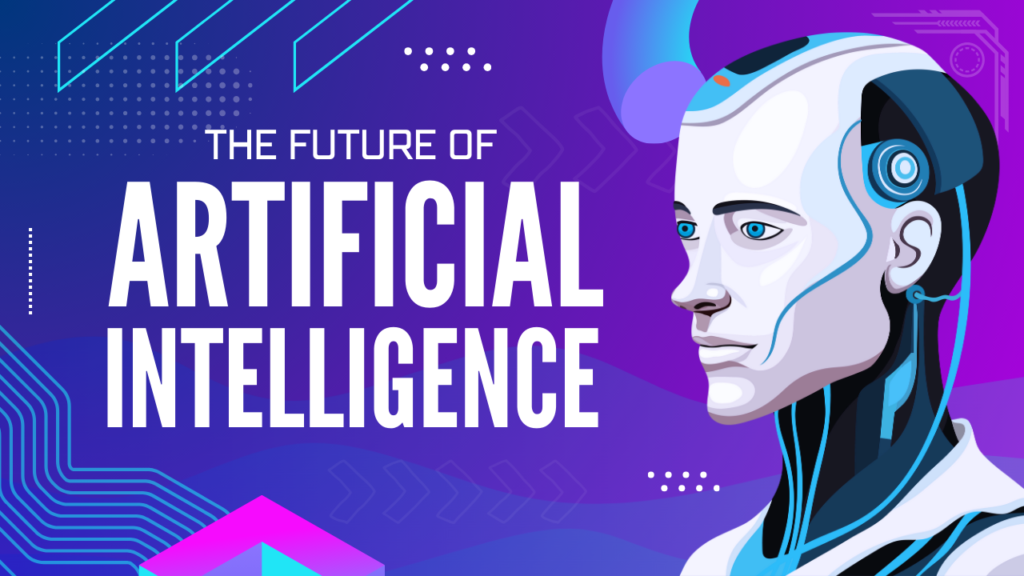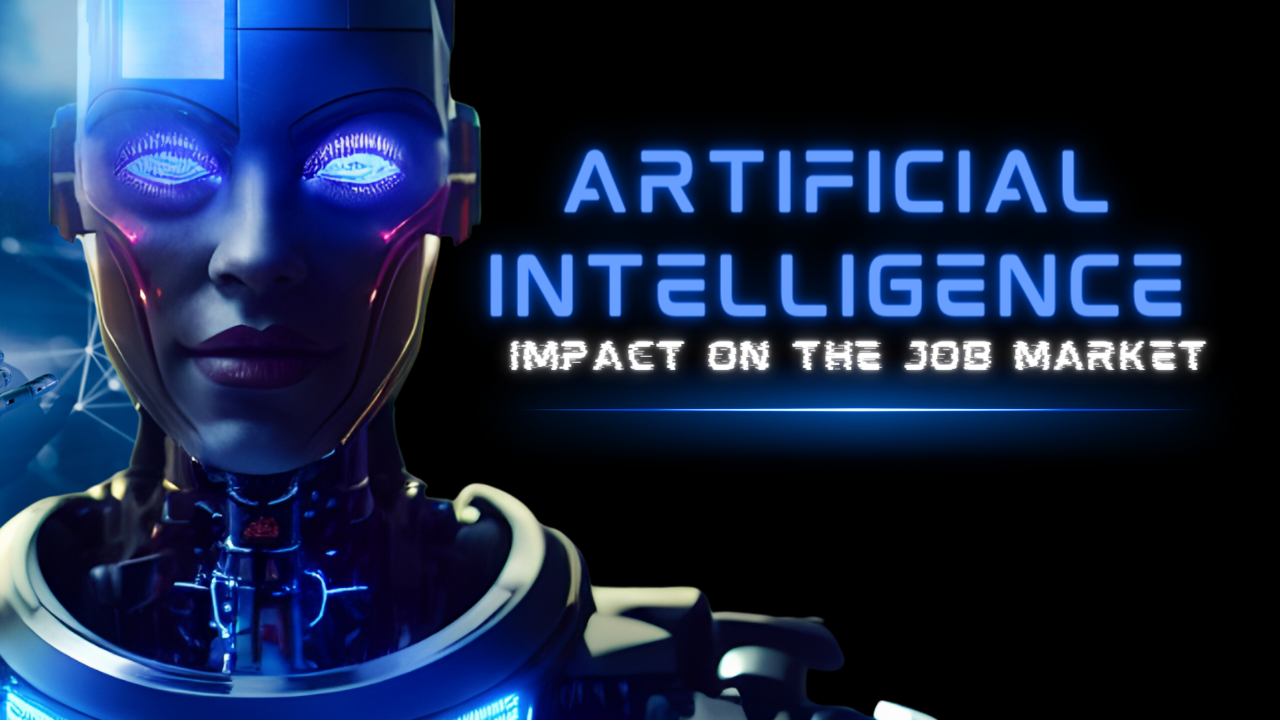The Impact of Artificial Intelligence on the Job Market
Ever since mankind discovered fire and created tools, technology has been transforming how we live and work. Now, with the rise of artificial intelligence (AI), we are on the brink of experiencing perhaps the biggest change to our jobs yet. AI is expected to have widespread effects on the job market both positively and negatively. In this article, we will explore how AI is likely to impact different types of jobs as well as steps that can be taken to ease this transition.
What is Artificial Intelligence?
Before discussing how AI will affect jobs, let’s first understand what artificial intelligence is. In simple terms, AI is technology that allows machines to behave in intelligent ways like humans do, such as learning from experience, adjusting to new inputs, and performing human-like tasks. AI accomplishes this through tools like machine learning, neural networks, computer vision, and natural language processing. With continued advances, AI systems are getting better at performing tasks that traditionally require human intelligence, skills, and experience.

AI Automation Will Eliminate Some Jobs
Many experts predict that AI and robotics will eliminate millions of existing jobs over the coming decades. The jobs most susceptible to automation include those involving routine physical activities or information processing tasks. Some examples include:
- Cashiers and retail store clerks: Checkout lines could be replaced by computer vision and automated payment systems.
- Call center representatives: Conversational AI chatbots can field many customer service inquiries without human assistance.
- Assembly and factory workers: Robots are already taking over dangerous and repetitive production line jobs.
- Delivery and transportation jobs: Self-driving vehicles promise to disrupt long-haul trucking, taxis, and delivery services.
Office jobs focused on data entry, bookkeeping, and administrative tasks are also at high risk as AI assumes more routine clerical work. Overall, jobs requiring only physical skills and dexterity or highly regimented cognitive abilities will likely decline.
AI Will Create New Types of Jobs
While AI threatens some existing occupations, it is also expected to generate many new kinds of jobs across various sectors that haven’t even been invented yet. Emerging roles where human skills and judgment remain invaluable include:
- AI Engineers and Researchers: Developing new AI technologies requires expert knowledge that only humans currently possess. Careers in AI development like machine learning scientist will grow.
- User Experience (UX) Designers: As more products and services integrate AI, skilled UX professionals will be needed to ensure these systems are intuitive, helpful and trustworthy for users.
- Translators and Language teachers: Despite advances, human language abilities still surpass AI in many ways. Jobs assisting with foreign language learning or international communication will expand.
- Robot Monitors and Repair Technicians: As more workplaces incorporate robotics, people will be needed to oversee robots, resolve issues, reprogram systems, and perform repairs.
- Creative Services: Jobs involving original content creation, complex problem-solving, strategic thinking and other uniquely human capacities like arts, media, and entertainment roles are less vulnerable to automation.
- Healthcare Assistants: AI can help diagnose illnesses and manage records but people will still be needed to treat patients, perform surgeries, provide compassionate caregiving and more. New assistant roles working alongside AI/robotics may emerge.
Overall, occupations emphasized more human strengths like social and emotional skills, creativity, complex reasoning and management will continue to need human talent. AI should serve to augment – not replace – these roles.
How the Transition Can Be Managed
While inevitable, the transition brought on by AI does not have to cause mass unemployment if properly steered. Here are some steps that can help societies and individuals better manage potential job disruptions:
- Continuous Education and Reskilling: Lifelong learning models will be essential so current workers can keep skills updated or transition into new in-demand roles as needed.
- Income Support: Temporary supplemental income or retraining stipends could support workers moving between jobs and help avoid economic hardship during transitions.
- Job Placement Services: Improving services that help workers assess new skills, explore options, and connect to available jobs can smooth adjustment periods.
- Entrepreneurship Support: Providing training, mentorship and capital access especially for new types of startups developing AI or its applications can boost job creation.
- Changes to Education: K-12 curriculums and college programs may need revamping to incorporate more technology, entrepreneurship, soft skills and competencies of the future to better prepare students for uncertain job landscapes.
Overall with foresight and proper planning, AI’s widespread impacts on the workplace do not need to be overwhelmingly negative or leave large populations behind. With a collaborative approach between government, businesses, educational institutions and workers, the changes can be steered to benefit more people.
Will Your Job Be Impacted By AI?
While predicting precisely which jobs will exist decades from now is impossible, analyzing the types of tasks that comprise different careers today can give clues on their relative susceptibility to automation. Workers in at-risk fields would be wise to start considering steps like retraining or skill upgrades now versus later. Meanwhile, jobs leveraging uniquely human strengths seem well-positioned for continued strong demand even as technology progresses. Regardless, ongoing education will benefit everyone seeking to adapt proactively to transformations ahead on the job market. With openness to change and a collaboration between all groups, innovations like AI need not spell crisis but could instead usher in a future of greater opportunities for workers and businesses both.
Frequently Asked Questions:
Will all jobs eventually be taken over by AI and robots?
While AI and robotics will displace many existing jobs, it’s unlikely they will completely replace human labor. Jobs requiring creativity, social-emotional skills, complex reasoning and management will still need human skills. Entirely new roles assisting AI’s development and integration can also emerge. As long as education supports workers adapting, mass long-term unemployment isn’t assured.
Which industries will be most transformed by AI?
Industries like transportation, manufacturing, retail, customer service, administrative/clerical roles face major changes. AI/robotics may take over many routine physical and data processing tasks. Conversely, sectors like healthcare, education, arts/entertainment and bespoke skilled trades likely retain heavy human elements. Overall, jobs emphasizing social, creative and logistical skills seem best shielded for now.
How can workers prepare for changes to their career?
Proactively assess personal skills and pursue continuous learning. Relevant new skills could include coding, digital literacy, problem-solving, leadership and foreign languages. Consider retraining opportunities through employers, universities or online. Explore new entrepreneurial ventures combining human and technical strengths. Stay knowledgeable about evolving job demands to transition seamlessly.
Who will benefit most from new AI career opportunities?
STEM professionals like engineers, programmers, and data analysts are well-positioned as demand grows for developing and applying new technologies. Designers able to craft inclusive, human-centered AI experiences will also be valuable. Beyond technical skills, general qualities like adaptability, creativity and emotional intelligence are transferable assets for emerging roles. Ongoing learning is key regardless of background.
What policies could help workers impacted by AI disruption?
Possible solutions include reskilling/retraining programs with stipends, improved career counseling services, subsidized higher education, start-up financing, re-employment initiatives and supplemental income benefits during transitions. Early childhood education emphasizing in-demand competencies could also aid longer-term adjustments. Meaningful change requires collaborative efforts across government, businesses, unions and educational institutions.
